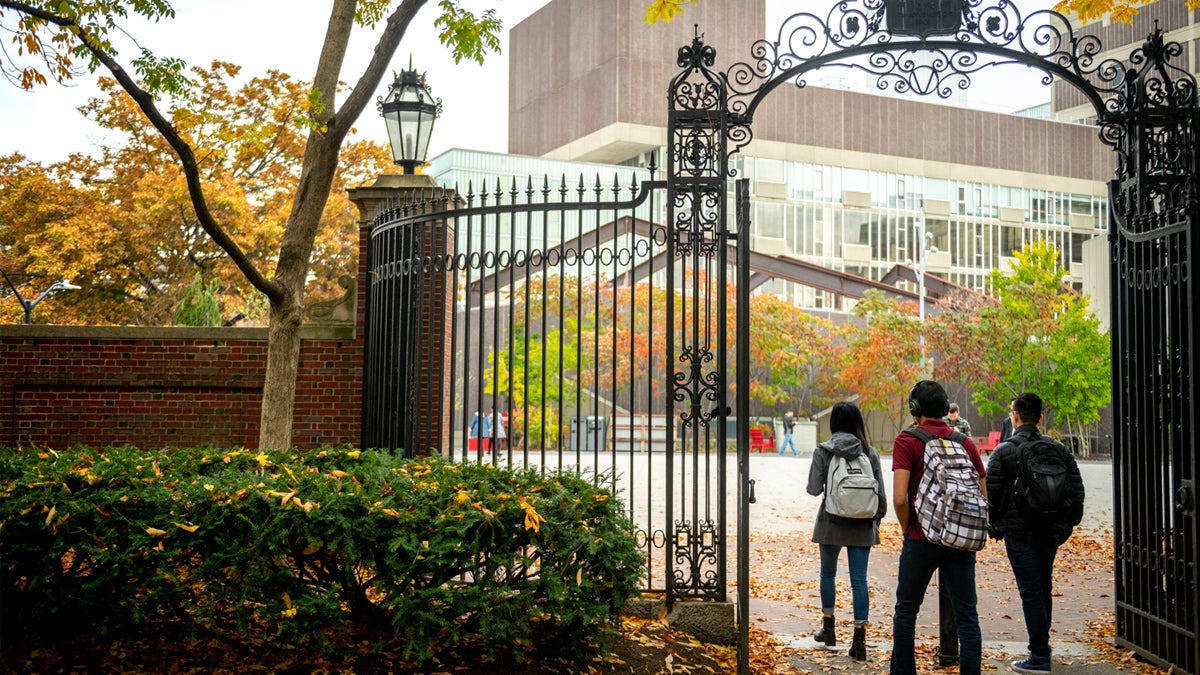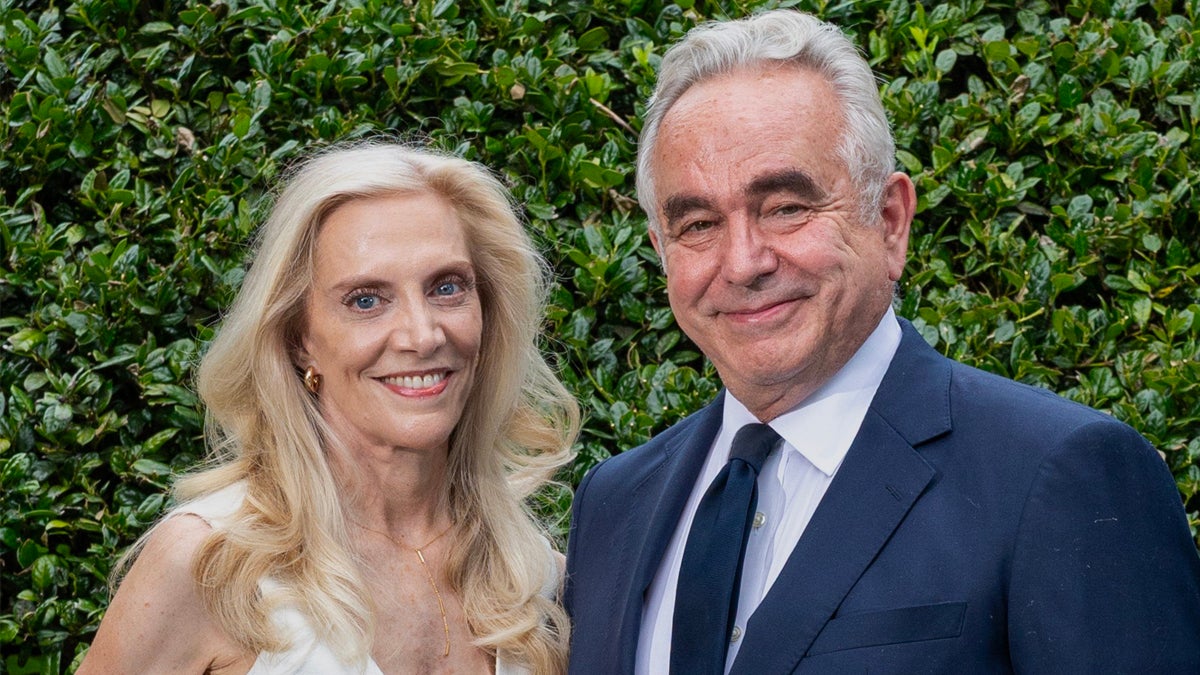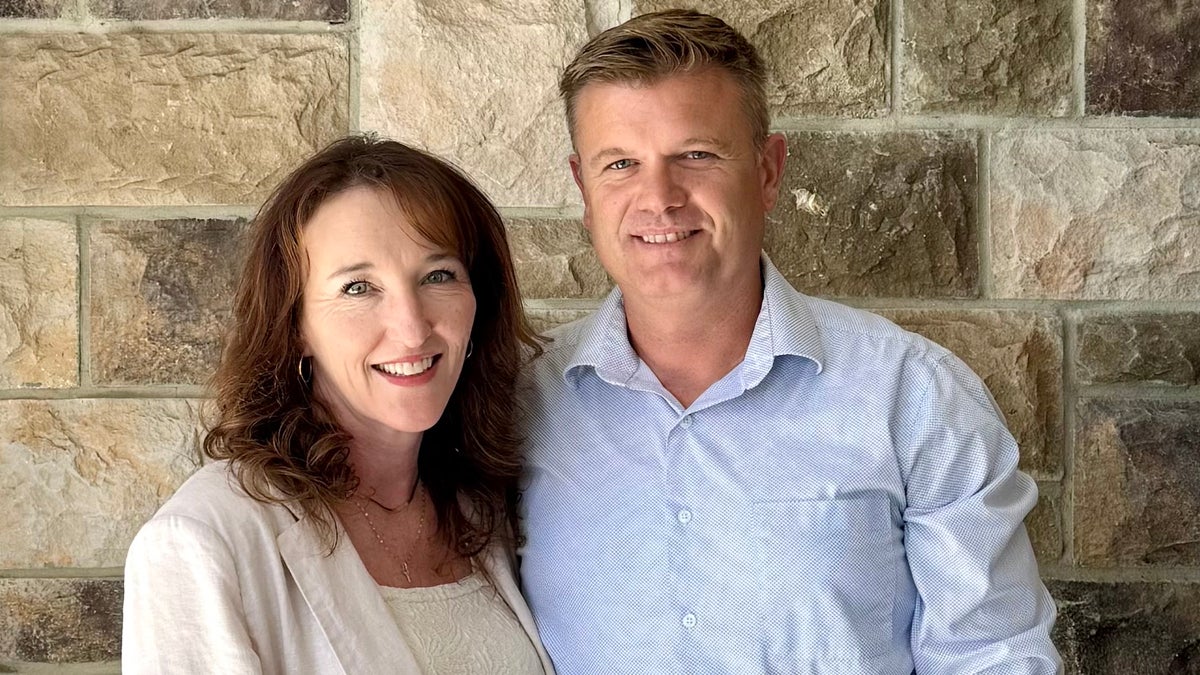THANK YOU
The Power of the Associates Community
Time and again, I have been inspired by the dedication and commitment of our alumni and parents. I am deeply grateful to this community of donors who came together on behalf of Harvard at a time of profound challenge and uncertainty. The Faculty of Arts and Sciences (FAS) can fortify our commitment to academic excellence, open inquiry, and high-impact discovery because of your support.
Through your support, Harvard continued to embrace change while remaining a place where bold ideas took shape, new directions took root, and faculty, students, researchers, and staff were empowered to do their most ambitious work. That spirit of imagination, experimentation, and purpose—so central to who we are—endured throughout the year because of you and will continue to carry us forward.
Your support sustained research continuity across the FAS, expanded financial capacity to secure our core mission, and enabled Harvard to meet the year’s unknowns with flexibility and resilience.
These stories highlight what a difference you made for our students, scholars, and research. Thank you for all that you do for Harvard.
Sincerely,
Hopi Hoekstra
Edgerley Family Dean of the Faculty of Arts and Sciences
C. Y. Chan Professor of Arts and Sciences
Xiaomeng Tong and Yu Chen Professor of Life Sciences
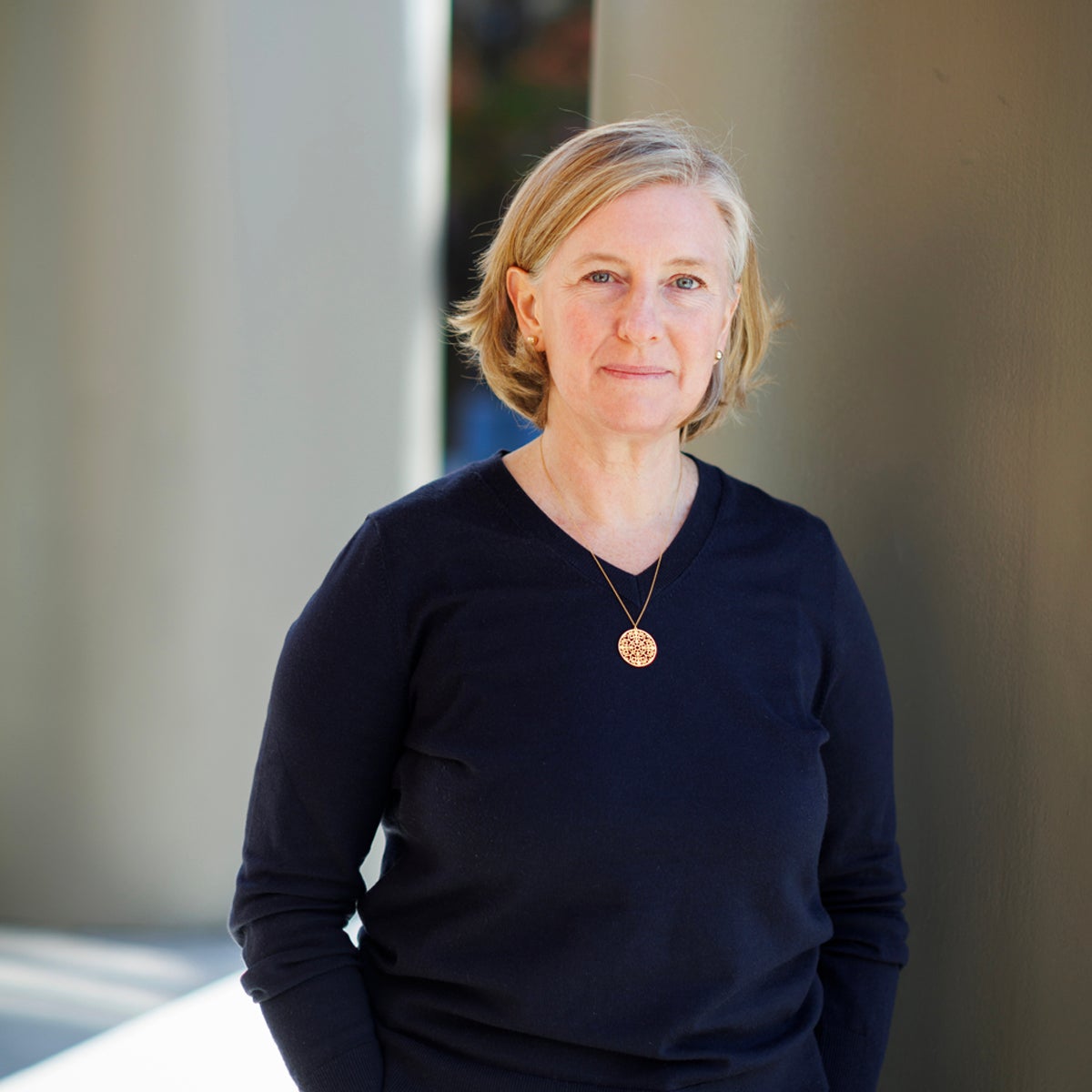
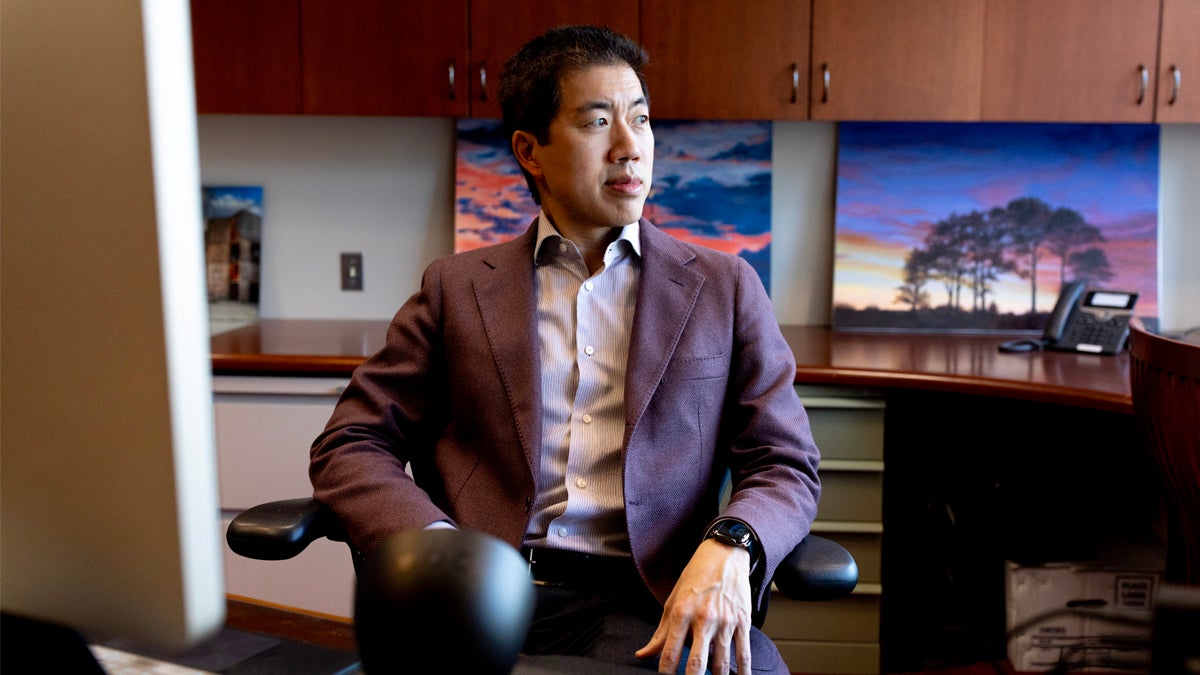
Research continuity
Breakthroughs—Interrupted?
A five-month-old baby with an incurable genetic disease has a brighter future—thanks to base editing technology developed in a lab led by David Liu ’94, Dudley Cabot Professor of the Natural Sciences and vice-chair of the faculty at the Broad Institute of MIT and Harvard.
Liu and his team have developed two new approaches to gene editing that are now being used in 13 clinical trials. These techniques could provide life-saving treatments for patients with sickle cell disease, T-cell leukemia, and progeria.
This progress is made possible because of basic science, defined by Liu as “research that seeks to understand something about the world without a clear application in mind.”
Liu may have received the prestigious 2025 Breakthrough Prize, but he is deeply worried about the future of life-saving advancements, given the uncertainties of future federal funding.
The generosity from our Associates donors is critical in helping to ensure this commitment continues. Your support bolsters research continuity at the Faculty of Arts and Sciences and fuels new possibilities, unknown for now.
“Over the next year, we must adapt to a new world where our sources of research funding will need to change, but our commitments to academic excellence and high-impact scientific discovery will not,” says Dean Hopi Hoekstra. “Nothing about this time is easy. But, through the contributions of many, we are forging a path forward together.”
Next Generation Talent
Studying the Unstudied
Brandon Campbell decided to pursue a career in chemical research to explore the unknown. “I found that the best way to challenge myself is to answer questions that have never been answered before, or better yet, ask questions that have never been asked before and then answer those,” says Campbell, a PhD student in the Department of Chemistry and Chemical Biology.
Through his research, Campbell has found a way to use silver in pharmaceutical development, which could significantly lower drug costs. “What excites me about my research is the potential impact it can have on the world,” he says. “What I do is basic science, but the insights gleaned from my work add to a broader body of knowledge that can help us solve important problems. My goal is to continue to study the unstudied, discover new chemical insights, and apply these insights towards the grand challenges that face us as a society.”
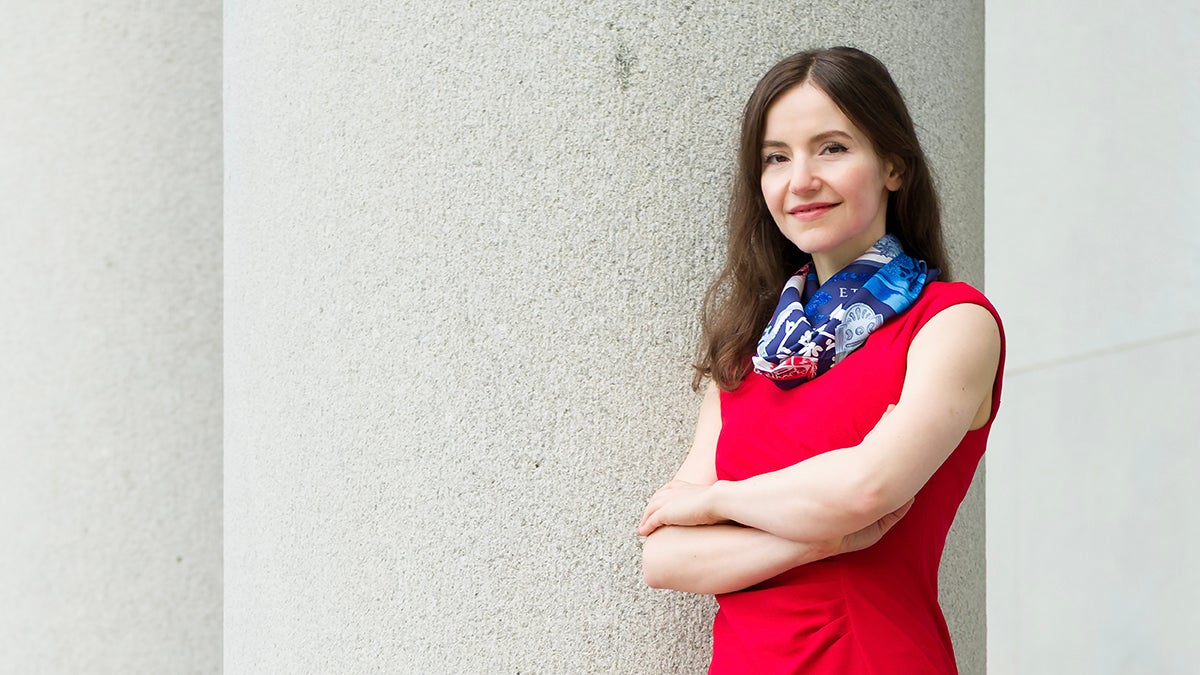
Economics
New Insights for Pressing Problems
To understand the complex relationship between tax policies and economic behavior, turn to Harvard’s Stefanie Stantcheva. Her contributions to the field garnered her the 2025 John Bates Clark Medal from the American Economic Association. This annual prize recognizes pioneering economists under the age of 40 and is considered a precursor to a Nobel Prize.
She is one of the many leading faculty in the Economics Department known for innovative scholarship and public policy recommendations that tackle recessions, gender and racial inequality, climate change, and global poverty.
Thanks to gifts from Harvard alumni, the department is able to hire two additional industry experts and draw on new support for its future home in the new Pritzker Hall. The building will bring research and teaching together under one roof, in a space designed for interaction and collaboration. This collective generosity ensures the Faculty of Arts and Sciences can meet the needs of economics’ rapidly evolving research landscape.
Providing Access
A Force for Good: Mia Riverton Alpert ’99 and David Alpert ’97
“Just thinking about the incredible scope and scale of what Harvard puts into the world, why wouldn’t we give to such a powerful force for good?” says Mia. That’s why she and her husband David are such loyal donors.
Together, they have established two undergraduate fellowships, make generous President’s Associates–level gifts, and are consistent 15-year 1636 Loyalty Society donors. “Harvard was instrumental in a lot of our life changes,” says David, former captain of the Harvard swim team. “We wanted to help provide educational access for others and make sure it’s as open as possible.”
Living in California with their children, Mia and David actively foster the Harvard community. Mia—a writer, actor, and producer—is the co-founder of Harvardwood, a nonprofit and a Harvard Alumni Association Shared Interest Group offering professional resources, service opportunities, fellowships, and grants to Harvard alumni in the arts. The couple also keep in close contact with the Office for the Arts, the Harvard Film Archive, the Department of Art, Film, and Visual Studies, and the English Department.
“Part of our giving is to help foster this sense of community and connection among Harvard students and alumni, and to help increase the openness and access within that community,” says David, a media entrepreneur and CEO of Skybound Entertainment.
Mia is also a member of the Founders Circle of the Women’s Philanthropy Initiative, which works to amplify the voices of Harvard women through gifts to the Harvard College Fund.
“I wanted a way to reconnect more regularly with this incredible community of smart women,” says Mia, “alumnae doing remarkable things across all walks of life, who have only become more interesting with time. The camaraderie I found was something I didn’t realize I was missing until I reclaimed it.
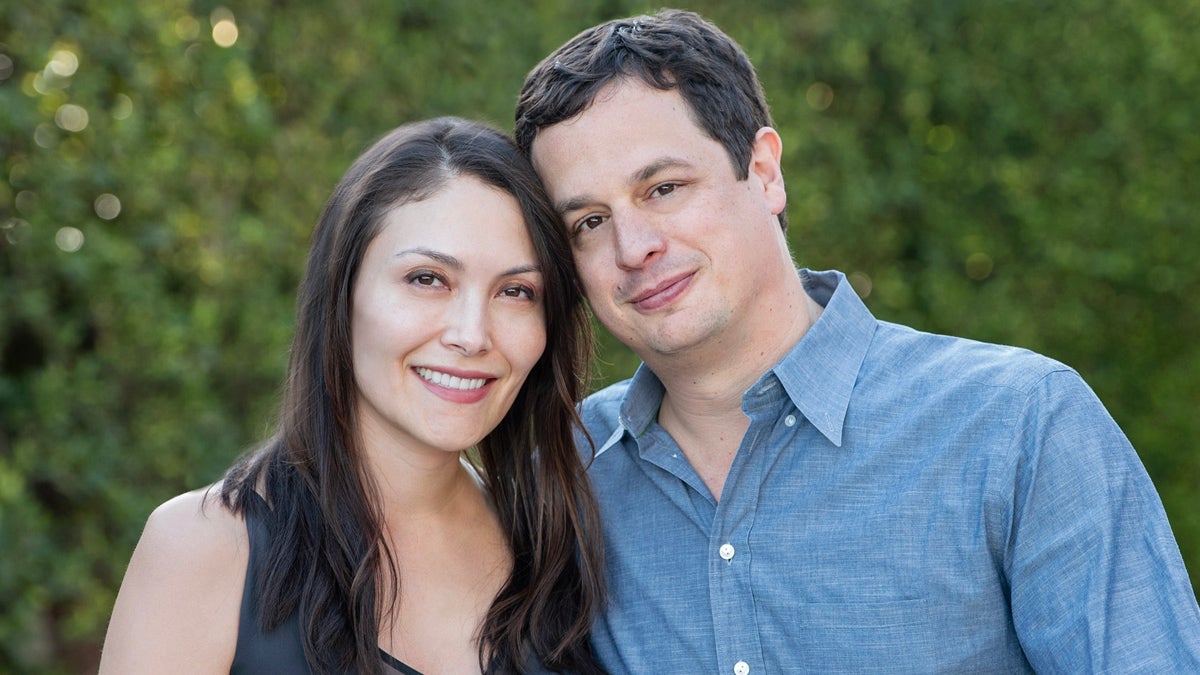
“My goal is to continue to study the unstudied, discover new chemical insights, and apply these insights towards the grand challenges that face us as a society."
—Brandon Campbell, PhD candidate
4,283
PhD candidates
7,102
undergraduates
3,700
undergraduate courses
“Because of the strong support I received from Harvard, I was able to earn my PhD in a way that left me financially unencumbered. I want other students to have that same opportunity.”
—Lael Brainard PhD ’89
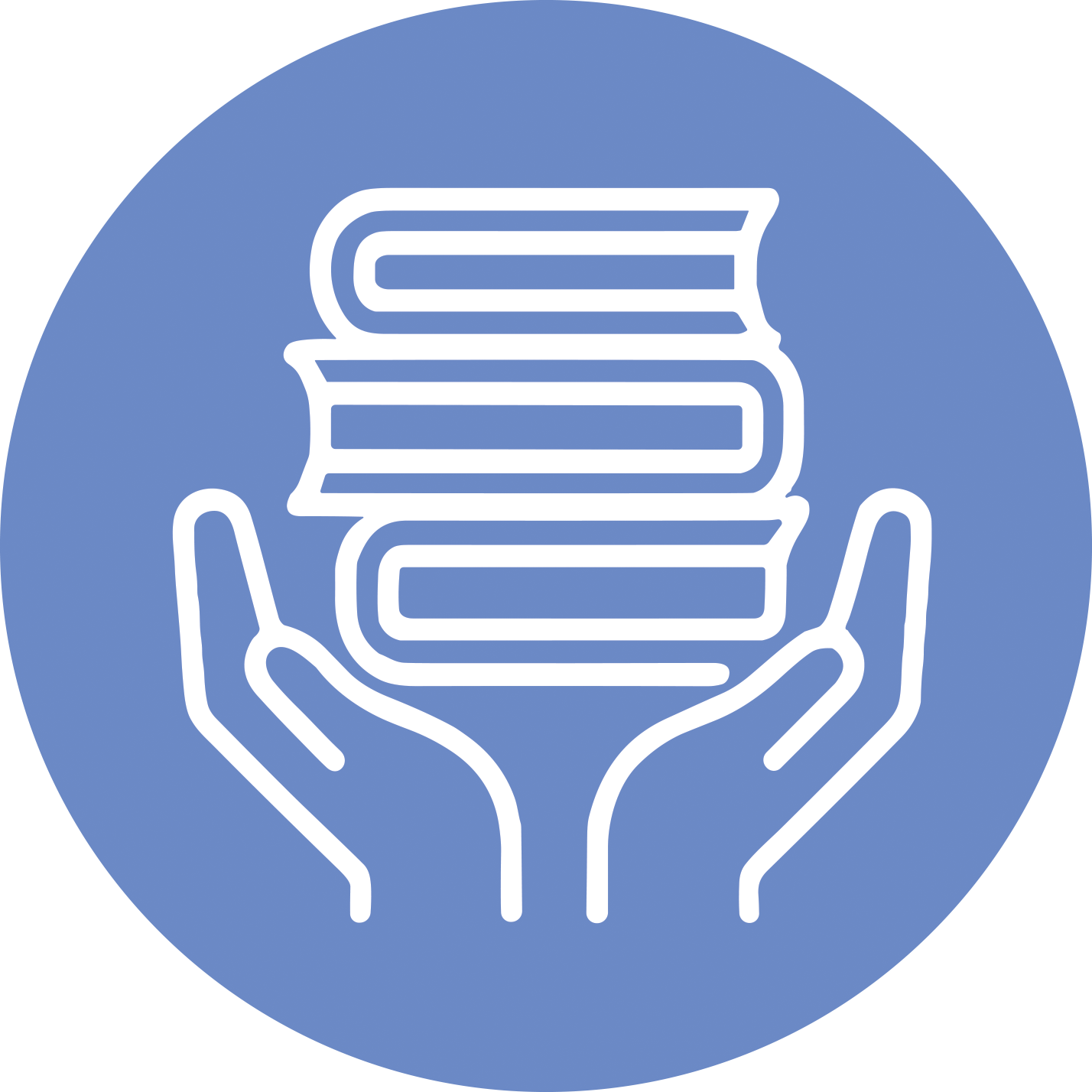
55%
of all undergrads receive financial aid
100%
of Harvard College students can graduate debt-free
100%
of PhD students receive full financial support for a minimum of five years
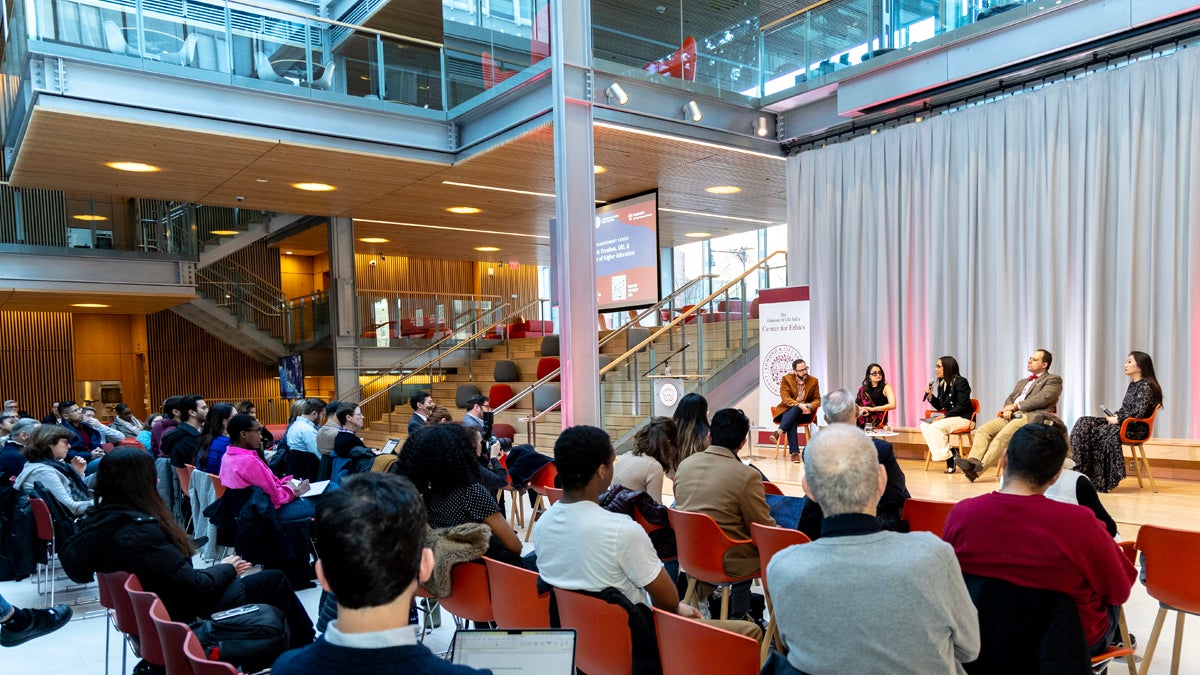
Civil Discourse
Disagreement Is Key
Harvard students are practicing how to talk about differences in every aspect of campus life. And our Associates donors help provide resources for workshops, public events, webinars, conferences, and new curricula designed to foster more open and respectful dialogue across campus.
“Open disagreement isn’t a roadblock. It’s a sign we’re doing our jobs,” says Eric Beerbohm, who leads these efforts and serves as the inaugural Alfred and Rebecca Lin Professor of Government. The Lins were early supporters of the initiative, now in its second year, which seeks to engage students in open inquiry, steward democratic ideals, and collaborate with differences.
Programming draws from collaborations with the Bok Center, the Intellectual Vitality Initiative, the Edmond & Lily Safra Center for Ethics, and the work of graduate students who have trained through the Bok Center on how to help facilitate classroom conversations.
Alexander Vega PhD ’25, a classics scholar, helps undergraduates approach uncomfortable topics. “I’ve learned to acknowledge the challenging and disturbing aspects of ancient literature and present them as opportunities for discussion and critical engagement. We could omit certain parts of the story, but then we wouldn’t have a full picture of the cultures and worlds we’re studying,” says Vega.
This hunger for conversation led Nim Ravid ’25, Angie Gabeau ’25, and four of their peers to cofound “Our Harvard,” a project that brings students together to tackle tough issues.
One of the group’s first activities paired students together for coffee chats. This spring, they gathered to talk about difficult topics over the “Food for Thought: Our Harvard College” dinner.
“It was the most vulnerable and honest I’ve ever heard Harvard students communicating with each other, which I think reflects our efforts to create an environment where students assume best intentions and say what they actually think,” says Ravid.
Alumni Network
Being Part of This Community Is Important: Ryan Voon ’19
“Harvard was the most transformative period of my life,” says Ryan Voon ’19. “The friendships and the relationships that you build are second to none.” In fact, when he got married in Hong Kong, several of Voon's classmates traveled from the U.S. to stand alongside him as groomsmen—including his best friend and business partner, Rana Bansal ’19, JD/MBA ’26. The two started Awaken Partners, a private equity advisory firm, with the help of the Harvard network.
“We feel a strong sense of gratitude for the College,” Voon says. “Almost all of our first clients were Harvard alumni. I don’t think it would have been possible to start a business and enjoy any measure of success without the Harvard name, so it’s important to us to give back as much as we can.”
For Voon, that means contributing at the Charter Associates level as well as donating his time. An avid volunteer, he has acted as an interviewer and been a member of several alumni committees, including gift committees and the Recent Graduate Leadership Committee.
Voon is also an active part of the alumni community in Singapore. “It can be hard to keep in touch with classmates in the U.S., so being involved here helps me to meet other members of the Harvard family,” he says. “Being part of this community is important to me,” says Voon. “And this is one way I can continue to have a relationship with the College.”
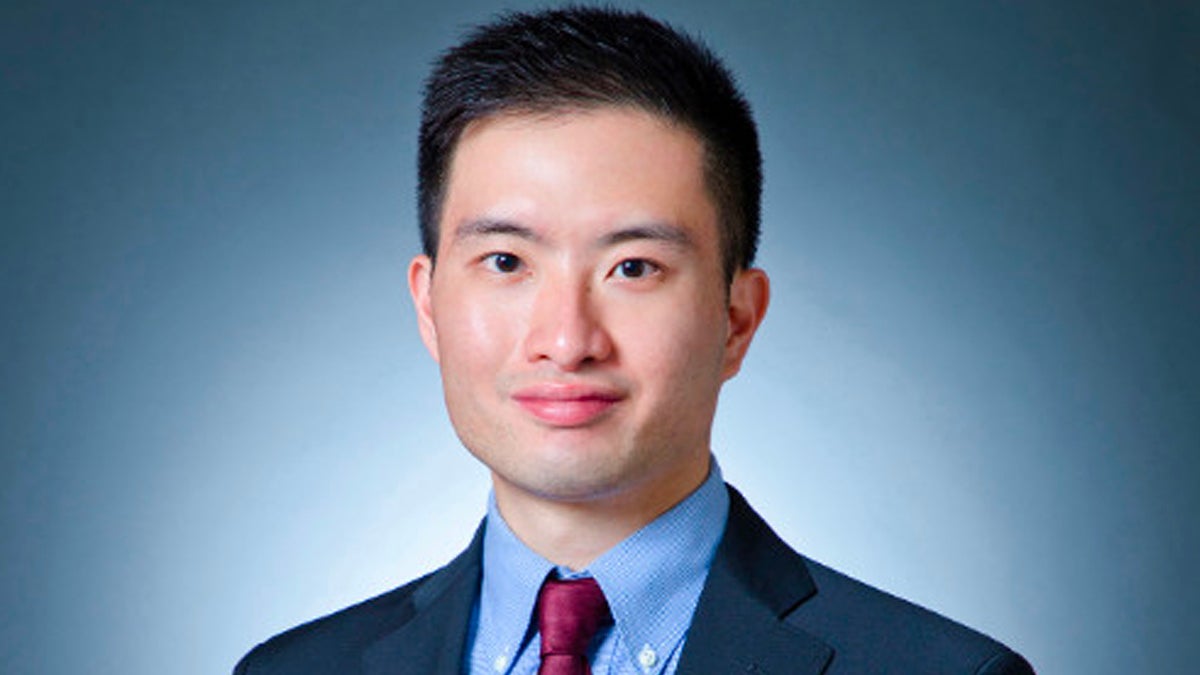
“Open disagreement isn’t a roadblock. It’s a sign we’re doing our jobs.”
—Eric Beerbohm, Alfred and Rebecca Lin Professor of Government, Senior Advisor on Civil Discourse
8
Rhodes Scholars
3
Marshall Scholars
8
Schwarzman Scholars
2
Truman Scholars
7
Fulbright Fellows from GSAS
10
Fulbright-Hayes Fellows from GSAS
